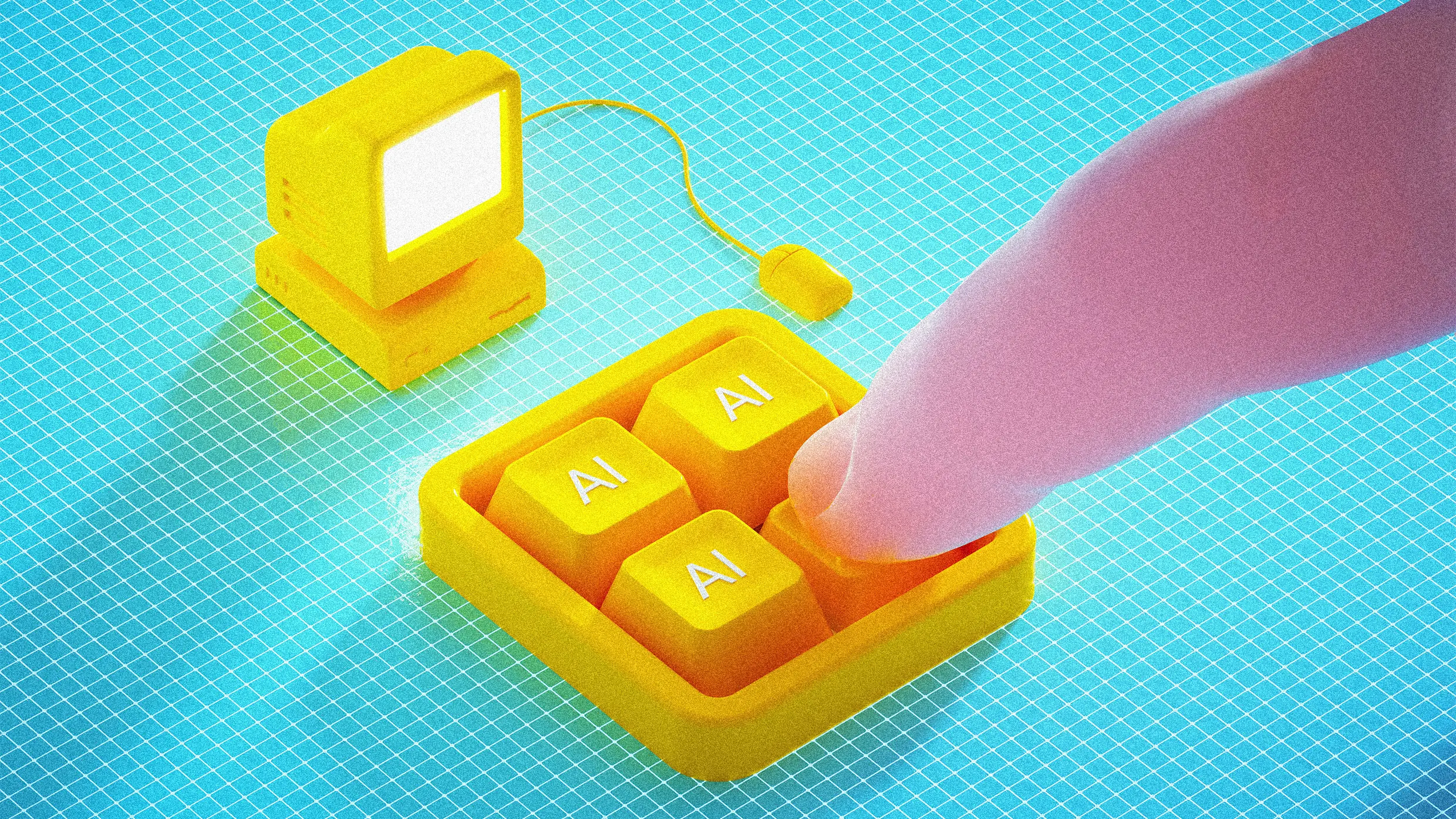
"As I said in previous articles, executives like to say they're "integrating AI." But most still treat artificial intelligence as a feature, not a foundation. They bolt it onto existing systems without realizing that each automation hides a layer of invisible human work, and a growing set of unseen risks. AI may be transforming productivity, but it's also changing the very nature of labor, accountability, and even trust inside organizations."
"When an AI drafts a report, someone still has to verify its claims (please, do not forget this!), check for bias, and rewrite the parts that don't sound right. When an agent summarizes a meeting, someone has to decide what actually matters. Automation doesn't erase labor; it just moves it upstream, from execution to supervision. The paradox is clear: The smarter the system, the more attention it requires to ensure it behaves as expected."
Executives often claim to integrate AI while treating it as a feature bolted onto existing systems, creating hidden layers of human work and unseen risks. Each automation can conceal shadow work that surfaces as data fixes, debugging, verification, and rewriting. AI shifts labor upstream from task execution to oversight, requiring verification of claims, bias checks, and judgment calls about relevance. Smarter systems demand more human attention to ensure they behave as expected. The age of superagency shifts roles toward supervising intelligent agents. Many workers already use AI tools without managerial awareness, adding accountability and trust challenges.
Read at Fast Company
Unable to calculate read time
Collection
[
|
...
]